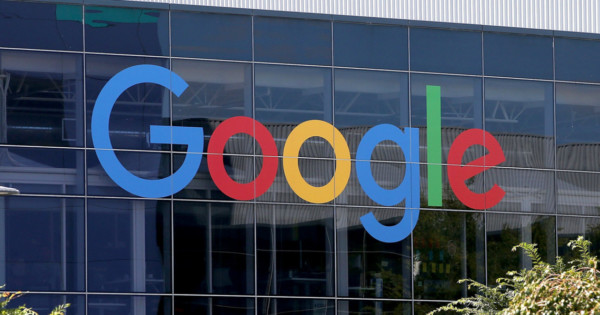
A group of 200 Google employees announced Monday that they are forming a union to address long-running workplace concerns, such as alleged racial discrimination and profiting from ads of hate groups, that have been dismissed by executives.
But it won’t be a traditional union. For starters, it won’t be able to negotiate a contract since only 226 of its 120,000 workers have signed union cards, though the union will be open to all employees in the U.S. and Canada.
This “minority union,” organized with labor union Communications Workers of America (CWA), is a voluntary effort that will not require a majority of the workforce to join. It will not represent the total workforce or require non-members to pay dues, but it will offer a collective voice to members as they continue to raise issues of importance to management.
While news media professionals have largely worked to ensure fair wages, just cause in termination and other provisions through their contracts with management, Google’s union effort is more focused on facilitating employee activism and engagement with company leadership. That’s because, according to representatives, workplace concerns have been dismissed by executives for too long.
Tech companies have mostly resisted unionizing for fear of quashing innovation. While Google has been somewhat of a hub for employee activism in Silicon Valley, such as staging a walk out around sexual harassment issues in 2018, America’s tech capital is, at best, a stranger to the labor movement and, at worst, an enemy.
Just last year, Kickstarter employees unionized in February in what was called an industry-first for the tech sector. A much smaller company, coding platform Glitch, voted to unionize in March, but it wasn’t enough to stave off layoffs in May, which happened before a contract could be agreed upon.
Meanwhile, Amazon’s warehouse workers in Alabama are close to voting on whether or not to form a union of their own, after much recent scrutiny of the conditions that the company’s blue-collar workers must endure, especially amid the Covid-19 pandemic.
The Google union’s creation was spurred by worker concerns about executives collaborating with repressive governments around the world, profiting from ads by hate groups and ignoring retention issues with people of color. Most recently, the tech giant was accused of unfair treatment of minority workers after it fired Timnit Gebru, a Black artificial intelligence researcher and ethicist, who was fired after criticizing the company’s algorithmic and hiring biases.
Alphabet is restricting workers from speaking on sensitive topics like antitrust and monopoly power, according to union representatives, while the company is facing mounting regulatory probes.
Nicki Anselmo, a Google program manager, said in a statement that Google employees have seen results in long-time activism, including protesting controversial government contracts like Project Maven and payouts for executives embroiled in sexual harassment scandals.
“Our new union provides a sustainable structure to ensure that our shared values as Alphabet employees are respected even after the headlines fade,” Anselmo said.
Unions have become significantly more common in the news media industry in recent years. Many traditional newspaper employees such as those at The New York Times, magazine staffs such as those at Condé Nast and digital news professionals such as those at Vox Media have organized, largely with CWA’s NewsGuild and the Writers Guild of America.
In a New York Times opinion article today, two union representatives, Parul Koul and Chewy Shaw, wrote that their union will “work to ensure that workers know what they’re working on, and can do their work at a fair wage, without fear of abuse, retaliation or discrimination.”
https://www.adweek.com/media/unionized-google-workers-return-dont-be-evil-roots/

